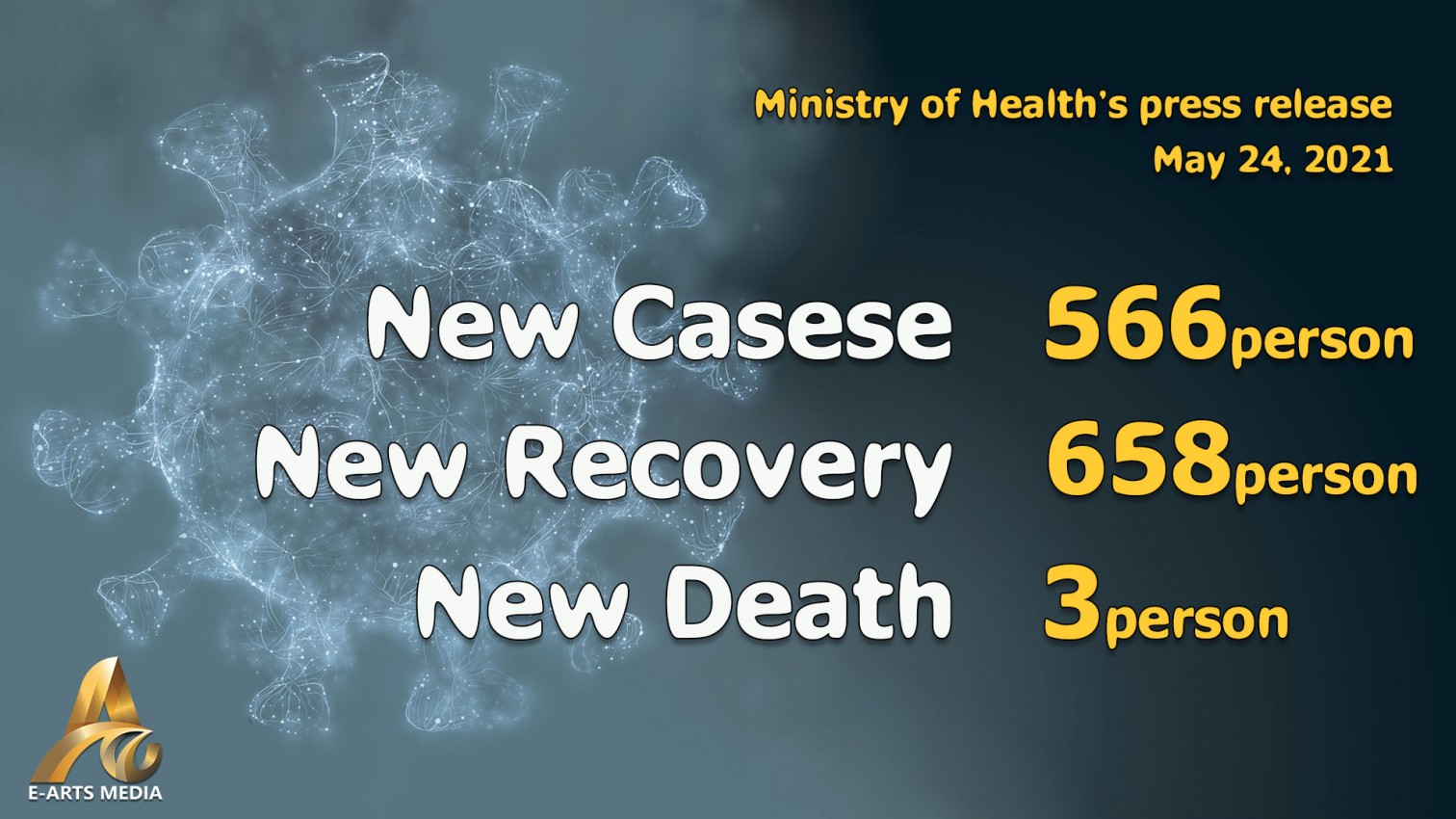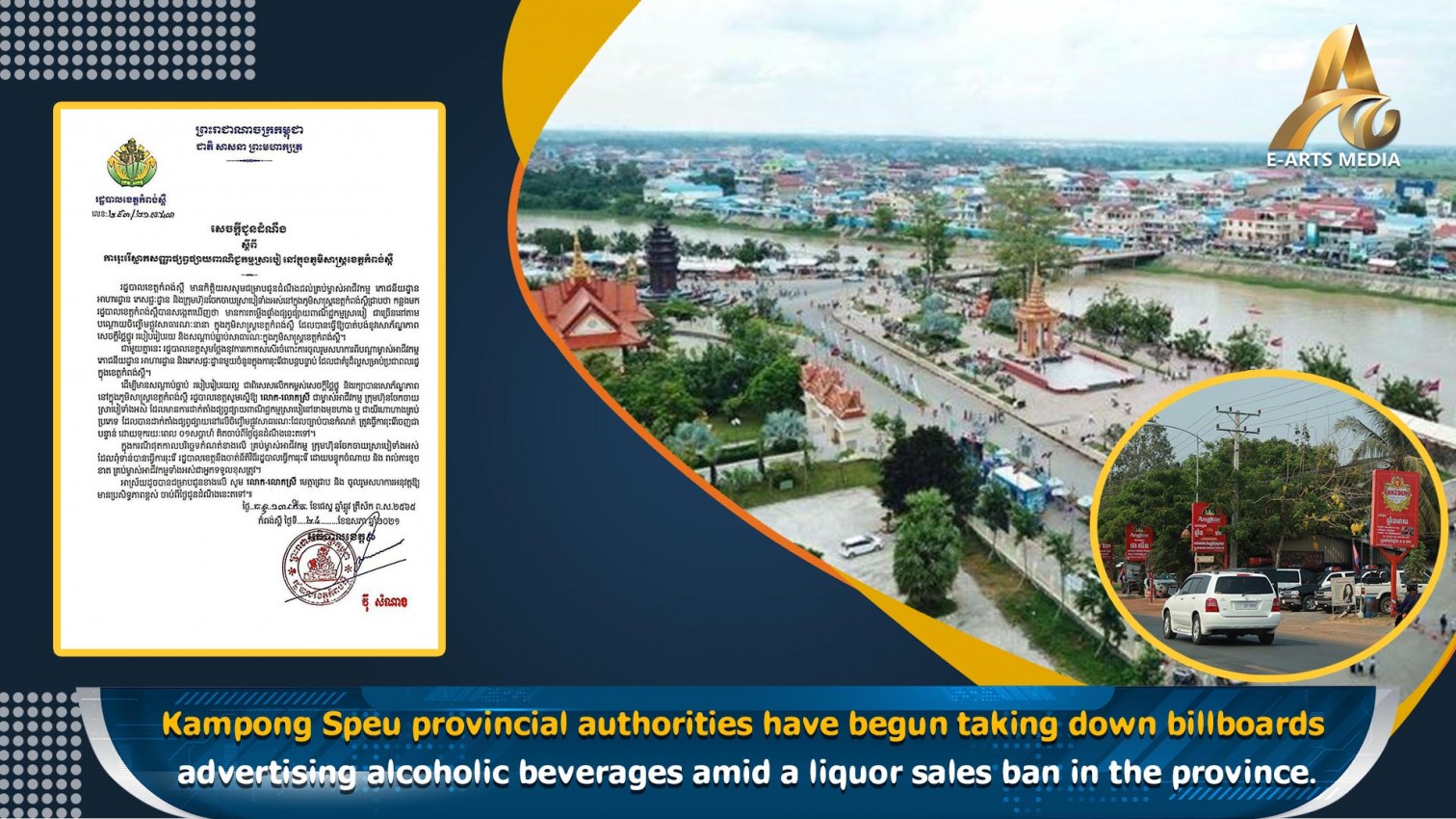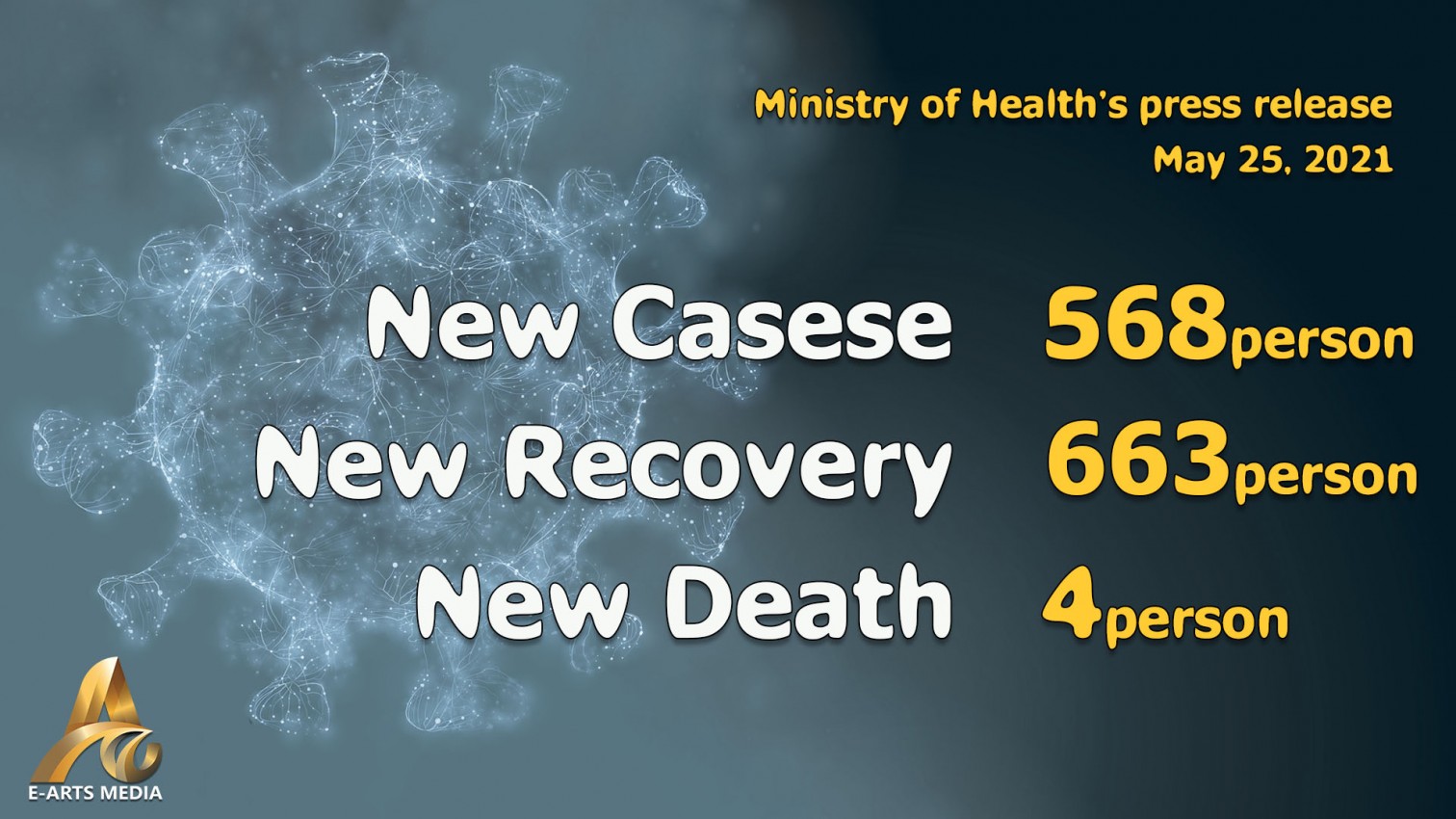Cambodia Second Place in the Nikkei's Covid-19 Recovery Index, While Philippines Slipped to 104th After Omicron
PHNOM PENH: Cambodia has vaulted to second place in the latest edition of Nikkei’s Covid-19 recovery index after the Southeast Asian nation has declared it would start to live with coronavirus about three months ago.
The Philippines, on the other hand,has slipped 45 places to 104th after the omicron variant drove an explosion in cases, though its outlook may be brightening as infections drop.
The index assesses countries and regions on infection management, vaccine rollouts and social mobility. The higher the ranking, the closer a place is to recovery, characterized by fewer infections, bigger inoculation rates and less-strict social distancing measures. The latest ranking reflects conditions up to the end of January, 2022.
Cambodia has been steadily climbing the ladder in recent months. It recorded fewer than 900 cases in January and saw no Covid deaths for a month.
The country's early success in managing the coronavirus with under 500 reported cases and no deaths one year into the pandemic was upended by a major outbreak that started in February 2021. That has continued for much of last year and has strained the underfunded public health system, triggering widespread lockdowns.
Despite of this, Cambodia has pressed ahead with its vaccination drive, relying mainly on Chinese-made vaccines. By November, it had surpassed its vaccination target, prompting Prime Minister Hun Sen to order a full reopening. Later that month, Cambodia became one of the first members of the Association of Southeast Asian Nations to exempt fully vaccinated travelers from quarantine.
According to a World Health Organization report dated January 24, 98.5 percent of Cambodia's adults and 96.8 percent of children aged 5 or above had received two doses, while nearly half the adult population had been given a booster shot as well. The same report has said about 85 percent of the 43.5 million vaccine doses the country had received were purchased from or donated by China.
While the Philippines has only managed to fully vaccinate 53 percent of its total population, with less than 10 percent receiving boosters by the end of January, according to the statistics website Our World in Data.
The highly transmissible omicron variant hit the Philippines hard, at least in terms of case numbers. The daily count surged to a record 39,004 on mid-January, from as low as 168 before Christmas 2021. Omicron has overwhelmed testing centers, with nearly half of samples coming in positive at one point.
Based on their higher positions in the index, other Asia-Pacific countries making similar reopening moves look more ready to do so.
Thailand, which has recently restarted its quarantine-free entry program has jumped 11 spots to 19th in the latest ranking.
Vietnam, which is still struggling with high levels of infections, is beginning to make a comeback, rising 28 places to 90th. It too is moving toward coexisting with the virus, having eased reentry rules for overseas nationals and foreign workers late last month.
Taiwan has climbed to top position with a total score of 82 out of 100. It lost six points in flight activity, with international arrivals still down 80 percent in January compared to pre-pandemic levels, the island keeps its borders largely closed.
China has edged up one place to fourth, as it prepared for the Beijing Winter Olympics which has started on Friday. The emergence of local outbreaks spanning several provinces and the arrival of omicron have made it harder for the country to maintain its strict zero-Covid approach.
Japan has tumbled 55 places to 67th. Daily infections exceeded 100,000 for the first time on Thursday, while the rollout of booster shots has been slow. Tokyo alone had more than 20,000 cases for two consecutive days, but the metropolitan government is not requesting a full state of emergency at this stage, having revised the criteria considering the apparently lower risk of severe disease caused by omicron.





















